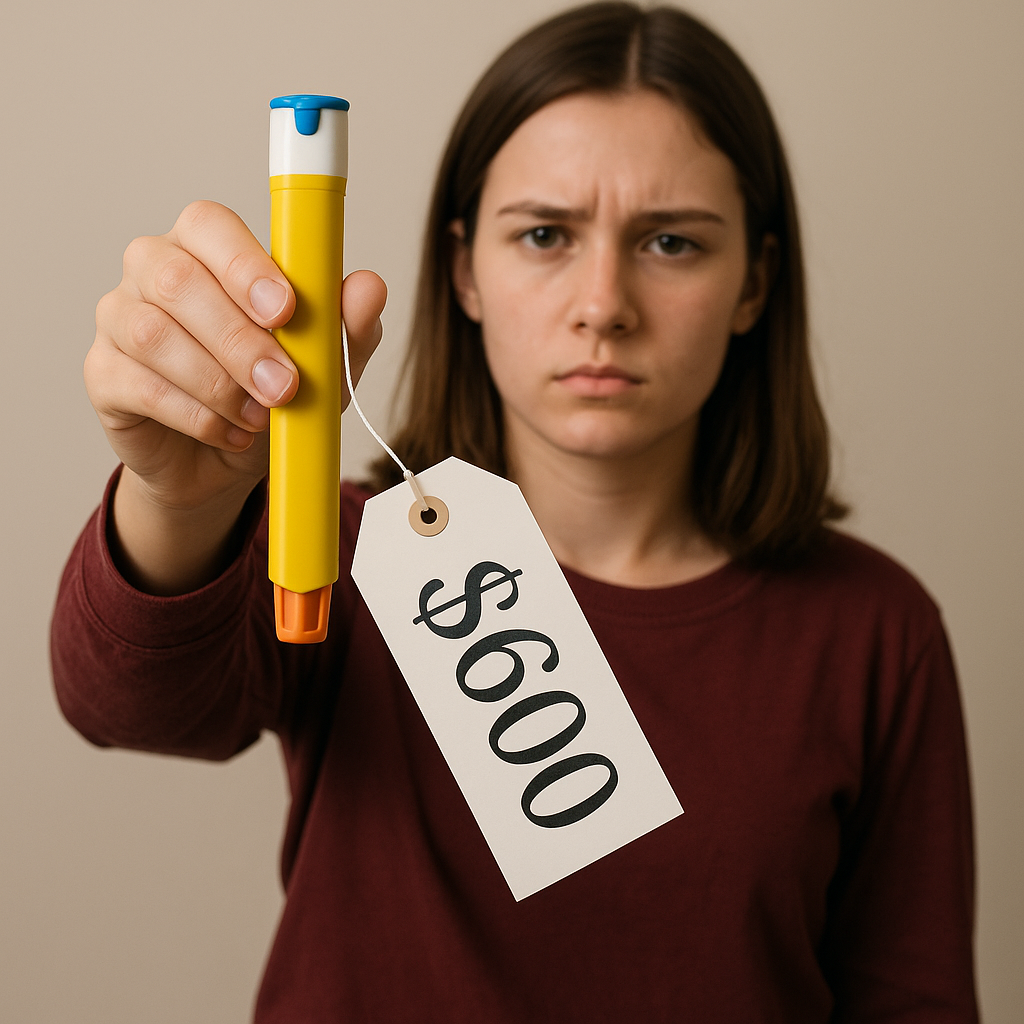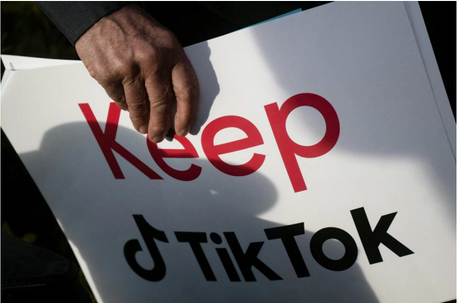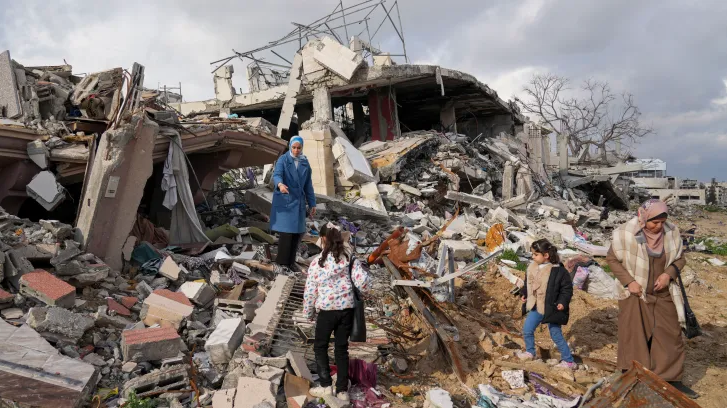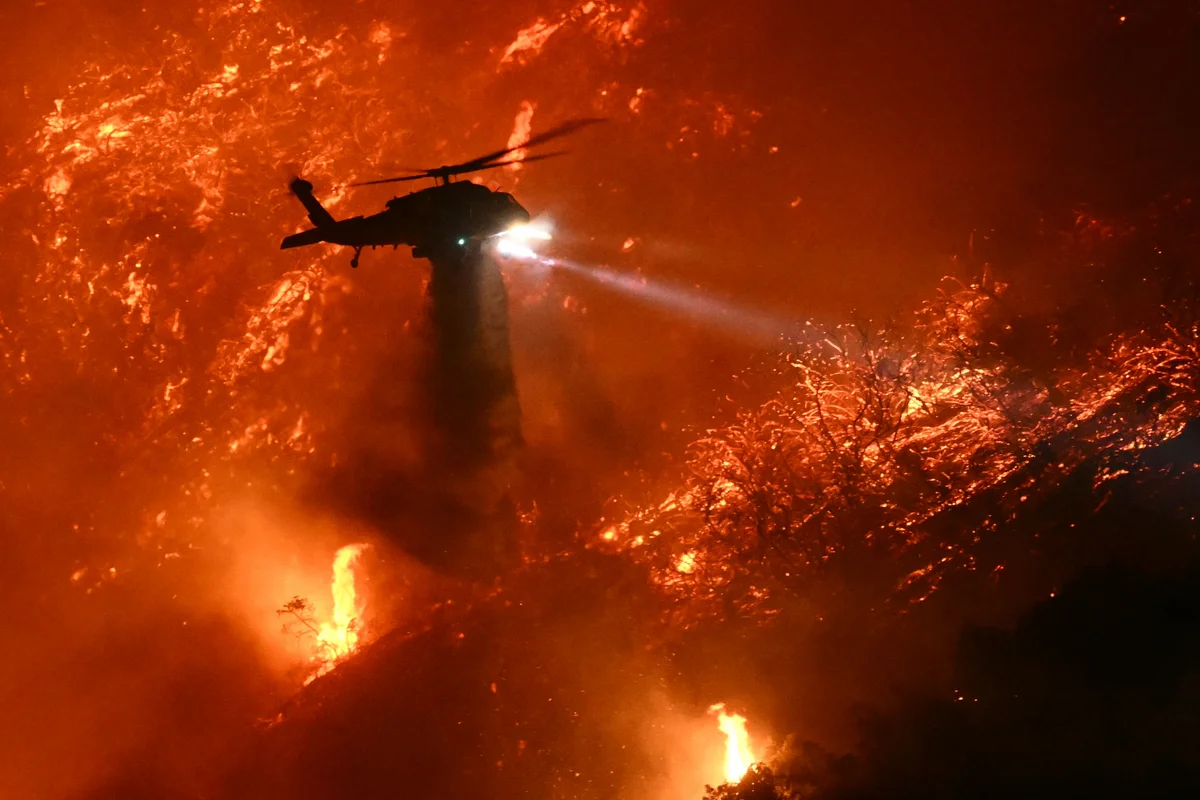Over the past several years there has been a push against large companies and their impact on the environment. Since the Paris Agreement in 2015, focusing on climate change, the number of lawsuits against large oil, coal, and gas companies has nearly tripled with the most recent being both the city and county of Honolulu versus fifteen oil companies including Shell, BP, ExxonMobil, Sunoco, and many more.
The suit was first brought by Honolulu to state court in March of 2020. In January 2025, the United States Supreme Court declined the case. Hawaii’s historic lawsuit has since pushed other states and cities to also sue these oil companies.
Will these lawsuits inspire innovation to preserve the natural beauty of Hawaii and will they have an effect on the Hawaiian economy?
In March 2020, Hawaii filed a suit against big oil companies stating that they exacerbated Hawaii’s ongoing climate crisis and falsely informed the public about their own effects on the environment.
Over the past several years Hawaii has been devastated with an array of natural disasters including major flooding in Maui in 2021, along with the 2023 Maui wildfires. Hawaiian officials have reported that the worsening in climate change caused by the reckless actions of oil companies have only made their natural disasters worse.
Since the start of the lawsuit process, the oil companies have repeatedly fought to have the litigation moved to federal court under the argument that state courts are unable to rule on interstate pollution.
In October 2023 The Hawaii Supreme Court declared that the case could move forward while tuning in on the misinformation spread by these companies and their deception to the public rather than their effects on the environment. Outranged, the oil companies called upon the Supreme court for protection.
On Monday, January 13th, the Supreme Court denied the appeal to hear from these companies, allowing the lawsuit to move forward within state courts.
Ben Sullivan, executive director of Honolulu’s Office of Climate Change, Sustainability and Resiliency, commended The Supreme Court’s decision, declaring “This landmark decision upholds our right to enforce Hawaii laws in Hawaii courts, ensuring the protection of Hawaii taxpayers and communities from the immense costs and consequences of the climate crisis caused by the defendants’ misconduct,”.
Following Hawaii, various other states, such as California and New Jersey, are also suing big oil companies for misinformation, natural disasters, and greenwashing, or spreading false solutions towards climate change.
Due to Hawaii’s isolation from the rest of the mainland states, the price of gas in Hawaii is one of the highest in the country due to the high shipping prices. With the average cost of gas in Hawaii being $4.53 compared to the national average of $3.13, it is important for Hawaii’s gas price to remain steady, or even decrease.
While it’s unknown how the lawsuit will play out in the future, it is important to analyze the effect it will have on Hawaii’s economy.
Since the Covid pandemic in 2020, tourism in Hawaii has reached a low as less people are able to justify the expensive airfare and cost of activities on the island. As the main source of income for people in Hawaii, the reduction in tourism has resulted in increased unemployment and economic slowdown.
Historically, when gas prices are increased, businesses respond by decreasing hiring and increasing their prices. While the increased price of gasoline does have some positive effects such as increased use of public transportation, which is known to reduce greenhouse emissions, most rural and suburban regions don’t have access to public transportation.
It is likely that if Hawaii does win its lawsuits against big oil companies, the price of gas could increase, harming the already devastated Hawaiian economy.
If Hawaii wants to continue with this lawsuit, they must stop to consider if their actions are harming the economy and people as well.
Another possibility for the state is to provide educational programs in schools to teach people about preventing natural disasters and what to do if one occurs.
Investing more into public transportation, especially in rural areas, can help reduce fuel consumption and help more people get jobs in cities.







